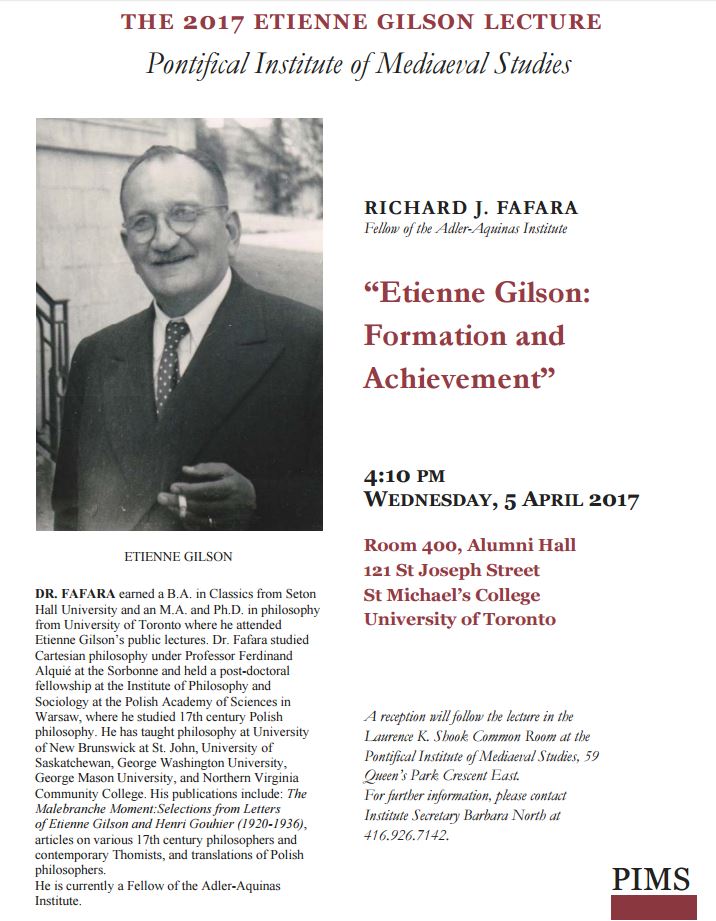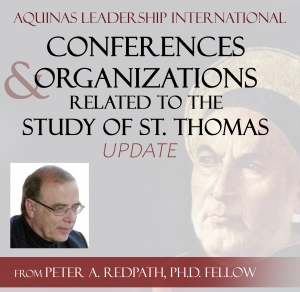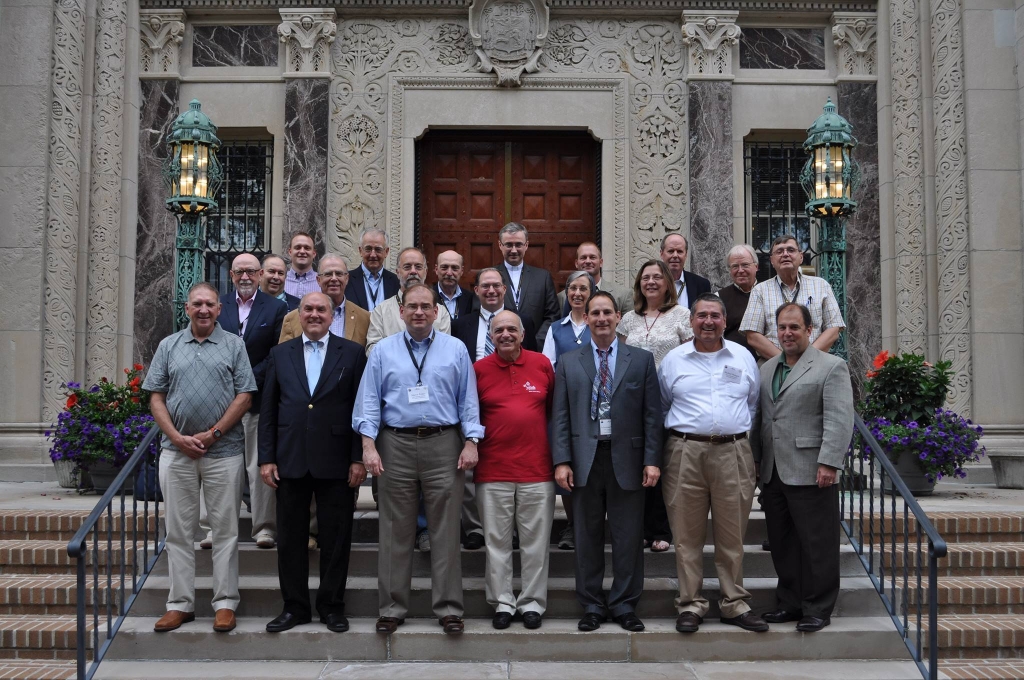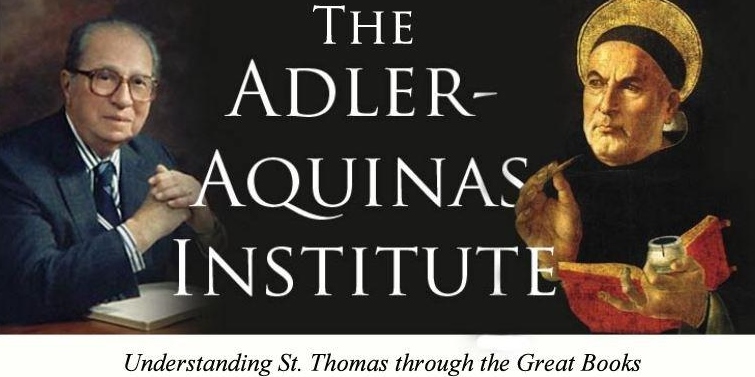
Announcement
Starting in mid-January, through his Aquinas School of Leadership Center for Leadership Coaching (ASLCLC), Dr. Peter A. Redpath will offer a 15-week, 1-hour, online, international, ASLCLC certificate course on “The Samurai Thomism of Miyamoto Musashi as an Application of the Tao of St. Thomas Aquinas” dealing with the organizational genius of St. Thomas Aquinas.
This course will include a mix of graduate student and executive participants (from business, the military, and institutes [for example, the Center for the Study of The Great Ideas, the Hudson Center for Policy Research, West Point graduates, the Caux Roundtable, the Adler-Aquinas Institute, and other groups]).The focus of attention of this class will be on Musashi’s short work The Book of the Five Rings and organizational principles of St. Thomas that Dr. Redpath discusses in his HACS PHS 731 graduate courses “The One and the Many” and PHS 761 on “The Good, the Bad, the Beautiful, and the Ugly.” No readings from Aquinas will be required. As content for discussion from St. Thomas, Dr. Redpath will provide from his 2 courses select YouTube URLs and an accompanying transcript, plus suggested downloadable readings.The chief aim of this course will be to show that what made this 17th-century Japanese Samurai warrior the master Samurai fighter of his time was his consistent application of psychological organizational principles that comprise the organizational genius of St. Thomas Aquinas.For those who successfully complete this course and later are accepted as students into the Holy Apostles College and Seminary graduate program, Dr. Redpath has asked the HACS administration to allow him to apply participation credit for this ASLCLC certificate class to his PHS 731 HACS Christian Wisdom Concentration Course.The exact day/date, and start time has not yet been determined. Likely, it will be a Tuesday or Wednesday evening, about 8:30 PM Eastern time, US. The total cost of the seminar, apart from the modest cost of purchase of Musashi’s book, is $295. Class size will be limited to 10 students, and several students have already registered. For further details, please contact Dr. Redpath at
ASAP, please let me know whether you will be able to join us for this online class.Best wishes,PeterPeter A. RedpathCEO, Aquinas School of Leadership
Picture from THE FIRST ANNUAL AQUINAS LEADERSHIP INTERNATIONAL SUMMER WORLD CONGRESS Huntington, Long Island, July 17-20, 2014
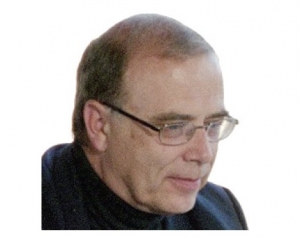
Peter RedpathA LETTER FROM THE RECTOR TO PROSPECTIVE STUDENTS AND OTHERS INTERESTED IN THE WORK OF THE ADLER-AQUINAS INSTITUTE
Much information is posted on the Adler-Aquinas Institute (AAI) about the nature and development of AAI. I write this letter to simplify for prospective students and others the precise nature and aim of AAI and what it can offer you. Precisely speaking, more than anything else, AAI is chiefly an international, online, renaissance academy, designed, in an age of educational, cultural, and civilizational decadence, to help preserve the best of classical learning and Western culture and pass this on to future generations.
While many people mistakenly identify the “renaissance” with a post-thirteenth-century revival of learning that started in Italy and spread, over several centuries, to other European countries, in actuality, Western culture has witnessed at least a half-dozen or more major educational renaissances, starting with the life and death of Socrates, the founding of Plato’s Academy and Aristotle’s Lyceum in ancient Greece (that initiated a renaissance in philosophical learning after attacks made on philosophers by ancient poets and sophists), and the neo-Platonic movement spearheaded by Plotinus after atomism and stoicism had weakened classical philosophical learning.
These renaissances were followed by the work of Marcus Tullius Cicero during the decline of ancient Rome and, during the first Christian renaissances, in the work of the Church Fathers, especially St. Aurelius Augustine; the writings of Anicius Manlius Severinus Boethius, the work of encyclopedists like Isiodore of Seville and Cassiodorus; and the ninth-century Carolingian renaissance under Charlemagne and Alcuin that culminated in the growth of cathedral and monastic schools and the birth of Western universities inhabited by educational giants like Sts. Albert the Great, Thomas Aquinas, and Bonaventure.
In each instance, these stages of “rebirth” involved development of transitioning individuals and associations (great intellects with providential vision followed by great educational movements that their work tended to generate) that acted as proximate first principles for the growth of a new order of learning that they did not, and could not, precisely envision. While most contemporary Westerners have little to no idea of what the term “principle” chiefly meant for an ancient Greek intellectual, or even what it chiefly means today, in classical Western antiquity, for the leading philosophers it mainly referred to the point from which something started or out of which something grew. In this sense a physical point is the principle of a physical line and, as Aristotle recognized, the natural family is the principle of a clan, the clan is a principle of a village or town, the village or town is the principle of a city. When most of us today think of the main way an institution of higher learning starts and develops, we tend to think of its proximate first principle to be a group of individuals getting together with a precise plan to build a campus, hire faculty and administrators, and develop a curriculum. Such a mode of procedure tends to be followed by individuals who are clueless about the natural order of development of human learning.
Knowledge is the proximate first principle of learning, learning is the proximate first principle of experience; experience is the proximate first principle of art; art is the proximate first principle of science; and science is the proximate first principle of wisdom. We know because we have a natural desire to learn. We have a natural desire to learn because we have a natural desire for experience. We have a natural desire for experience because we have a natural desire to become artistic. We have a natural desire to become artistic because we have a natural desire to become scientific. And we have a natural desire to become scientific because we have a natural desire to become wise.
Crucial to building any organization is to have the right aim and to unite people together who are qualified to grow that aim out of their collective cooperation. The best people to determine how to build an excellent fire department are skilled fire-fighters, no one else. The same is true of future Western, and global, education: the best way to develop it is to assemble together in an association of higher learning the people sharing the same precise aim who are most qualified to build it. This is what AAI chiefly seeks to do.
Most contemporary institutions of elementary, secondary, and higher education are collapsing mainly because they have the wrong chief aim. The chief aim of most of them is vocational and technological training (educating for a job), ideological indoctrination, or a combination of both. Because institutions of higher learning train most business, political, and religious leaders, for a similar reason, most of these organizations are in cultural, if not total, decline, as is the West itself. They have lost their understanding of precisely how what they do contributes to the chief aim of Western culture and civilization: development of a wise civilization. As a result, many serious scholars, intellectuals trained in classical learning, are leaving these institutions and joining or forming their own organizations.
Classically considered, all education’s chief aim is training for human happiness: habituation in moral and intellectual virtue, training in those qualities that enable human beings to participate in self-rule and live together in peace as free agents, and become wise. While essential for prosperity, or wealth, vocational and technological training do not inculcate within a population the qualities that enable people to engage in self-government. They do not liberate from the ignorance that fosters human misery in all its forms, especially in that of developing healthy human relationships that foster wisdom, prudence, justice, and peace in interpersonal dealings. In contrast, people trained in intellectual and moral virtue tend to have the skills needed to get a job, develop wealth, and prosper personally and professionally.
Contemporary education in general and higher education especially have severed pursuit of education, especially science, from the pursuit of wisdom. In so doing, they have destroyed a proper understanding of education and science as a whole and turned both into forms of sophistry, pursuits of power in which being able to build and destroy becomes the sign of human excellence. Such an understanding of higher education and science is disordered. Science divorced from pursuit of wisdom can no more be science than can be experience divorced from pursuit of art or can a group of families (a clan) from the natural pursuit of a more perfect union in a healthy city. Such an unnatural divorce turns science and higher education into forms of foolishness serving the interests of despots, self-centered individuals, and sociopaths. It cannot be right. No form of knowing or education that separates itself from pursuit of wisdom can legitimately claim to be “science” or “educational.”
AAI chiefly exists to counteract such a disordered understanding of education and science and to restore and preserve the best elements of classical education for contemporary students and students of future generations. We seek to do so chiefly through the work of our Fellows and educational affiliations through which we put students in touch with contemporary renaissance institutes and scholars.
Examples of such affiliations are associations we have with the Angelicum Academy Great Books Program, the Ignatius-Angelicum Liberal Studies Program (LSP), the graduate program in Thomistic Studies offered through the University Abat Oliba, in Barcelona, Spain, and, developing in 2014, a catechetical institute “certificate” program centered around (1) four of Fr. Fessio’s college-level theology courses; (2) online classes from the Angelicum Great Books program (including, among others, readings from Old and New Testaments, Plato, Aristotle, Plotinus, St. Augustine, Boethius, St. Thomas Aquinas, papal encyclicals, more contemporary authors [including some AAI Fellows], and from the Angelicum Great Books Program Study Guides); development of a Catholic Massive Open Online Course (MOOC): CatholicEducationOnline.org. I hope this letter will be of assistance to you and that you will join us in our work.
Peter A. Redpath, Ph.D.
Rector, Adler-Aquinas Institute
